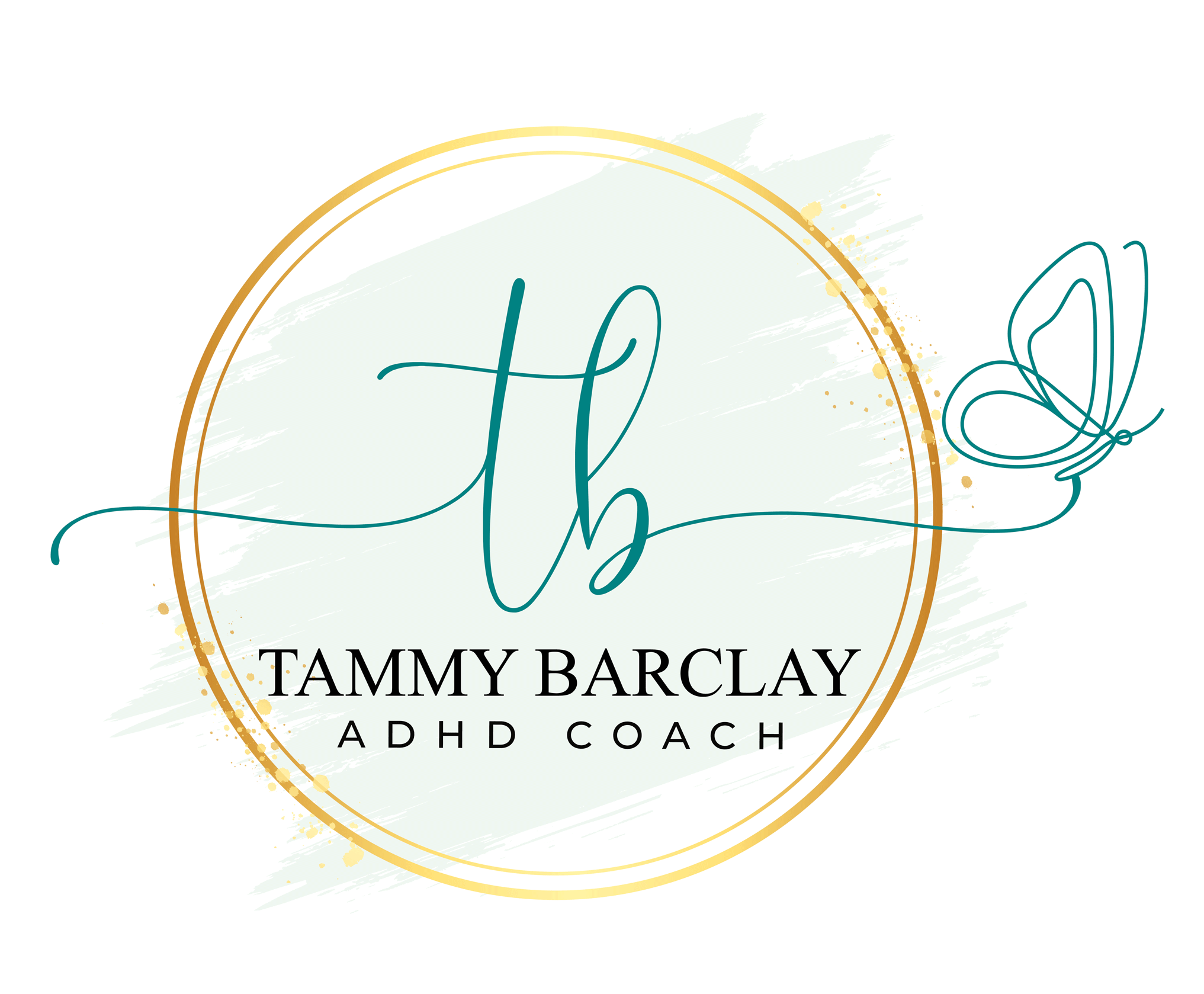Before I became an ADHD Coach, I was completely lost. I have 6 children and a husband with ADHD, and I didn’t understand them. The skills that came easily to me were difficult for them to accomplish. Before I understood that I thought they were lazy, disobedient, careless, or disrespectful. Once we they were all diagnosed, I read and researched so that I could support all of them more effectively. I needed to start with understanding what ADHD was.
What is ADHD?
ADHD (Attention Deficit Hyperactivity Disorder) is a neurological developmental disorder in which the brain develops more slowly than their peers. There is less connectivity between the neurotransmitters in their brain. This prevents information from traveling through the brain efficiently. It’s easy for them to forget what they are doing because the message didn’t make it all the way through.
Neurodiverse brains are “interest driven”. It’s easy for them to focus of stuff they like and hard to focus on stuff they don’t! They have weak executive functions which are the how to get things done skills in our brain. Things like planning and organizing, managing time, and get started on things are very difficult. They struggle with staying focused until the task is done, controlling their emotions, adapting to change, and more.
Their brains have lower levels of some key chemicals like dopamine, which is part of the reward system in your brain. When neurotypical people finish a task, their brains release dopamine. Dopamine makes them feel good for getting it done. That motivates them to do more things in the future because of that happy sense of accomplishment. ADHD brains don’t get that same dopamine high when they finish things so they often lack motivation.
Of course, there are lots of other intricacies with ADHD but this a basic understanding.
Find out what is getting in their way.
There are plenty of things that get in the way of someone with ADHD. Let’s look at cleaning a bedroom as an example. Possible barriers could be many. Perhaps they aren’t able to break that huge task down into small steps (planning and prioritizing). It could be they do not have a place for all the things to be put away (organization). Since cleaning is not interesting they procrastinate (they are weak in their ability to start a task). Asking questions that help them to identify where they are struggling is an important skill to develop. as a parent of someone with ADHD. Once you can pinpoint some of the issues or missing skills you can develop plans or strategies to experiment with to bring success.
Build skills and strengthen weaknesses.
I help my clients to understand their own brains better. Together we identify their weaknesses and build skills that are missing or weak. Let’s go back to the example above. With a client who may not be able to break a huge job down into small steps we will talk that through together. By listing out each of the steps needed to accomplish the goal we are creating an action plan that can then be followed. This also models that skill for them and we can revisit that skill with future tasks or projects for more practice.
When organization is the issue, we can work on a few different skills. One would be the ability to make decisions about whether to declutter the space and get rid of a few things. Another might be to learn how to categorize items that could be stored together to make finding them an easier task.
Sometimes the job just isn’t interesting at all. If that’s the case we can talk about ways to make the task more interesting and exciting. Maybe they could pump up the music to create some fun and energy or listen to their favourite podcast or audio book. Try turning the job into a game. Set rules for what needs to be finished before you can reward yourself with a fun break activity or a treat. This can be another way to help a bored brain to engage in the task at hand.
The Power of Partnering with an ADHD Coach
Many of the families I work with are longing for solutions to their problems but have found very little success. Just like my early journey, they may not understand enough about ADHD or how it gets in the way. There are so many resources and opinions out there. Finding a place to start can feel completely overwhelming. An ADHD Coach has extensive training to understand the many intricacies of neurodiverse brains. They can help clients discover their own strengths, areas of weakness and paths to success. Coaching helps a family to understand ADHD more fully and how it’s impacting your family more specifically. It’s the deeper understanding of neurodiversity that lays the foundation for this coaching success.
ADHD coaching can take many forms depending on the needs and the budget of your family. Individual coaching can be very effective for many people offering one on one focus and attention. Group coaching provides connection and support from others who are dealing with similar issues and that can be so helpful for people who feel isolated and judged by others. Group coaching can “normalize” ADHD as members of the group realize they’re not alone in their struggles and build friendships and find “their people” in this new community.
If you have questions about how coaching can help your family, get in touch with me and let’s have a conversation.
Click here to download your FREE copy of “10 Essentials for Raising an ADHD Child” and subscribe so you don’t miss any future posts.
Always in your corner…
Tammy
